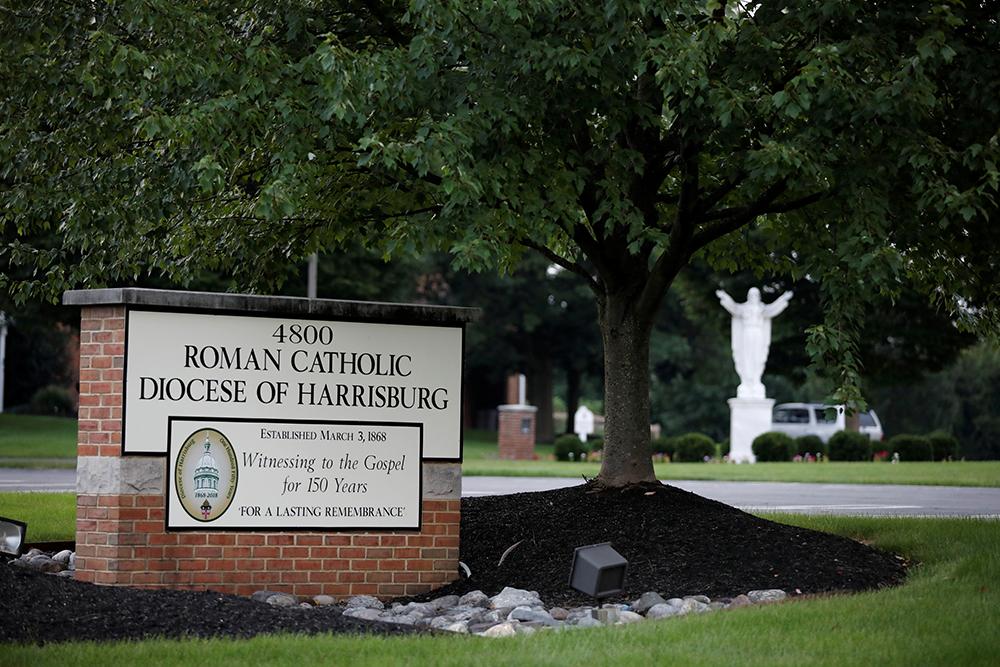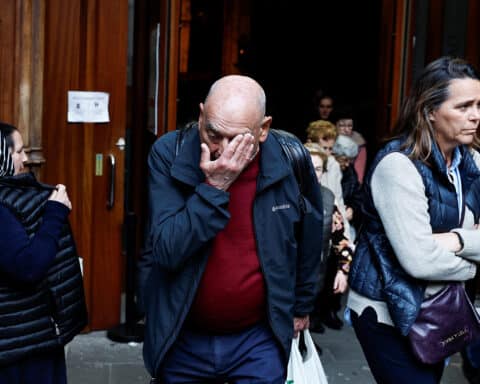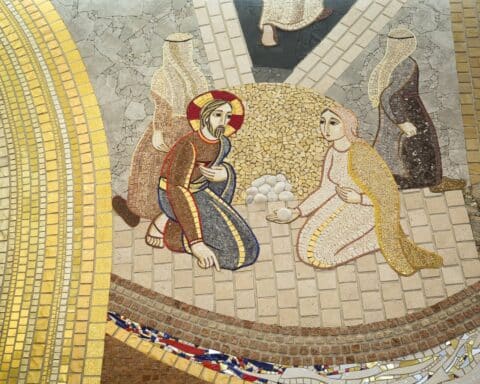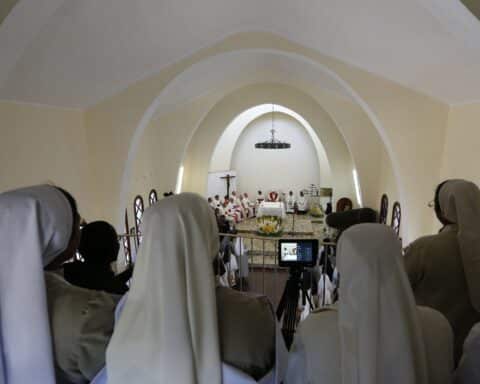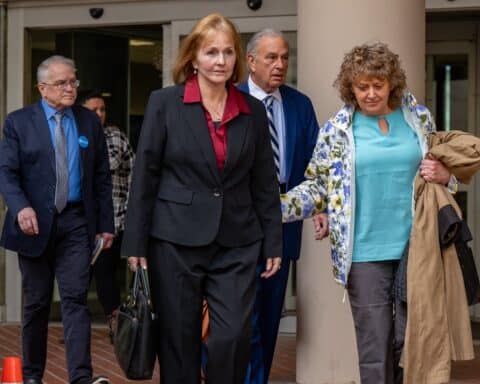Since the release one year ago of the Pennsylvania grand jury report on clergy sexual abuse within the Catholic Church, the seemingly unending series of news reports (in almost every case about allegations decades old) has had two major effects: either outraging or numbing readers and viewers. The danger in both cases is that the details and particular circumstances of each report can get lost, and instead of critically evaluating each story, readers and viewers can simply regard it as another tally mark, confirming their own views about the nature and extent of the crisis.
For the most part, that’s just human nature. When we are faced with bad news, we long to categorize it, because if we can put everything into the right box, then (we tell ourselves) we can find an easy solution. If only life were so simple.
Case in point: a recent lawsuit filed against the Diocese of Harrisburg, which named the current bishop of Harrisburg, Ronald Gainer, and a predecessor, Kevin Rhoades (now bishop of the Diocese of Fort Wayne-South Bend and chairman ex officio of Our Sunday Visitor) as co-defendants.
Many people undoubtedly glanced quickly at the story and filed it away in their “cover-ups by bishops” box. In so doing, they missed the true significance of the lawsuit — and, more importantly, of the media coverage.
The plaintiff in the suit alleges that he was abused by two priests, in a particularly heinous manner, from the age of nine. Both of his alleged abusers were priests of the Diocese of Harrisburg, and both are deceased. The plaintiff himself is 67 years old — four years younger than Bishop Gainer, and six years older than Bishop Rhoades.
The lawsuit does not claim that either bishop had knowledge of the abuse — either when it occurred (when they themselves were children), or later, when each served as bishop of Harrisburg. The central contention of the lawsuit — that the officials of the diocese at the time the abuse occurred had a fiduciary responsibility to protect the plaintiff from harm — is a novel legal claim that the courts will have to consider, and Bishop Gainer, as the current head of the diocese, was likely to be named as a defendant no matter what arguments the plaintiff’s attorney set forth.
But the inclusion of Bishop Rhoades in the lawsuit has only one purpose: to garner as much media coverage as possible.
And this is where a little perspective is necessary. While plaintiffs’ attorneys in sexual-abuse cases against the Church usually portray themselves as disinterested crusaders for justice, they don’t represent plaintiffs for free. But they have learned over the years how to maximize free media coverage to put pressure on dioceses to settle out of court.
In one particularly egregious example in 2006, well-known sexual-abuse attorney Jeffrey Anderson filed a lawsuit in federal court in Chicago against the Diocese of Rockford. The original filing included allegations of homosexual activity on the part of a retired bishop of Rockford — allegations that were so clearly implausible that the federal court required the lawsuit be refiled without those allegations included. Anderson refiled, of course, but the original filing had achieved its purpose: The media made the case front-page news.
The plaintiff’s attorney in the case against the Diocese of Harrisburg has pursued a similar tactic in targeting Bishop Rhoades. In doing so, he is not pursuing justice for his client, and he’s denying justice to Bishop Rhoades. But he succeeded in expanding news coverage of his case beyond the borders of Pennsylvania.
As painful as the last year has been, tactics like this make it clear why we need to pay attention to news reports regarding clerical sexual abuse, analyze them, and resist the temptation to see each headline as simply another confirmation of whatever we may think about the current crisis.
OSV Editorial Board: Gretchen R. Crowe, Scott P. Richert, Scott Warden, York Young

